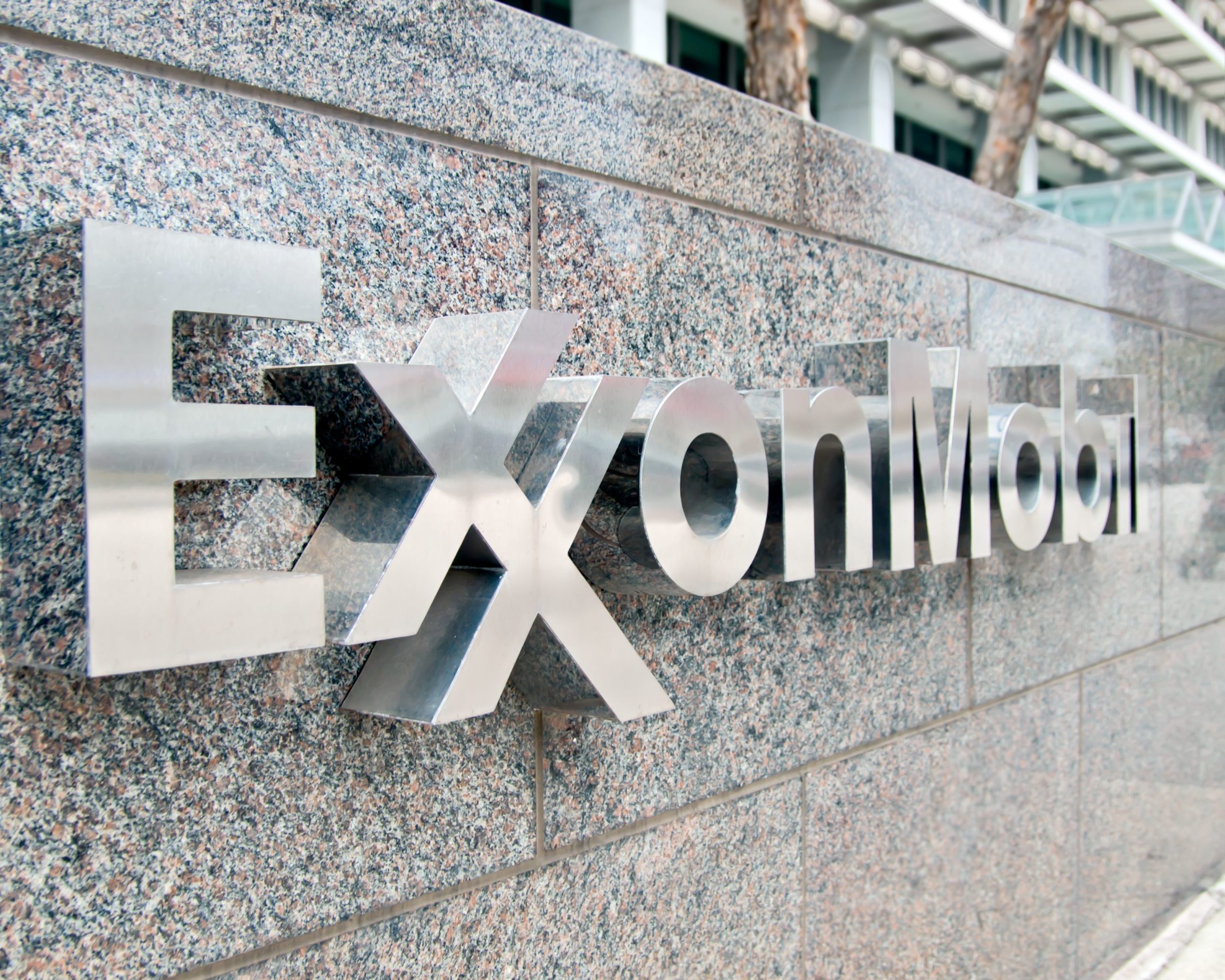ExxonMobil’s Neglected Shareholders
ExxonMobil’s Neglected Shareholders
By Bruce Everett – CO2 Coalition Director
On May 26, over the objection of company management, two new directors were elected to ExxonMobil’s 12-member board. The Washington Post called it a “ratification of shareholders’ unhappiness with the way the company had been addressing climate change and its lagging financial performance.”
Not really. The action was initiated not by shareholders but by hedge fund Engine No. 1, owner of about 0.02% of ExxonMobil’s shares. The big supporters of the move were Blackrock, Vanguard, and State Street Global Investors, which together own about 21% of ExxonMobil stock. They were joined by smaller pension funds, including the New York State and California municipal retirement funds.
Larry Fink, Blackrock’s billionaire CEO who oversees $8.7 trillion in investors’ assets, demands that all companies focus on “the transition to a net zero economy – one that emits no more carbon dioxide than it removes from the atmosphere by 2050, the scientifically-established threshold necessary to keep global warming well below 2ºC.” As members of the Climate Action 100+ group, Vanguard and State Street echo these sentiments.
Anyone who claims that climate alarmism is “scientifically established” is demonstrating ignorance. The climate narrative is based on the unscientific assertion that small amounts of carbon dioxide (CO2) have fundamentally altered the global climate, requiring the rapid elimination of fossil fuels. In fact, CO2 is a benign, life-giving gas, which enhances the growth and drought-resistance of plants and increases global crop yields. Though CO2 emissions are probably generating a slight, beneficial warming, the doomsday scenarios Fink so glibly supports have become a political narrative, lacking a credible scientific basis.

ExxonMobil lost $20 billion in 2020. The problem, however, was not its failure to embrace green energy but the Covid-driven decline in oil and gas prices. Oil prices have already recovered to pre-pandemic levels, and ExxonMobil returned to profitability in the first quarter and has enjoyed a 40% increase in its share price so far this year.
ExxonMobil has been successful over the years by producing the energy products people want and selling them profitably at market prices. Messrs. Fink and company want ExxonMobil to produce instead the products that they think people should want and to sell them at subsidized prices. Relying on subsidies for profitability is a fool’s game. As green-oriented policies increasingly saddle consumers with expensive, unstable, and unreliable energy supplies, these subsidies are likely to disappear. Contenido promocionado
ExxonMobil is staffed by the world’s best chemical and petroleum engineers. The company’s 1970s-era diversification into solar energy, nuclear fuel, computer chips, word processors, copper – and even into motels and department stores – produced a string of embarrassing failures. Demanding that ExxonMobil compete with GE in wind power is like asking the Boston Red Sox to strap on skates and play for the Bruins because both ice hockey and baseball are sports.
I’m sure Fink enjoys the accolades, awards, and fawning press coverage that he receives as a self-appointed climate warrior. We should bear in mind, however, that he is purchasing his celebrity with other people’s money. Many ordinary working people count on Blackrock for their retirement income. Maybe Fink should pay more attention to them.
ExxonMobil is not an innocent victim here. The company has traded former CEO Lee Raymond’s powerful and articulate defense of fossil fuels for current CEO Darren Woods’s fainthearted support for carbon taxes and the Paris Accords. The company has made itself an easy target, unable either to appease the climate activists or defend its business.
Andrew Logan of investor watchdog Ceres sums it up well: “All companies [are] on notice that climate inaction can cost a board member their job.” In other words, submit to the climate agenda not because it’s good for your firm but because, if you don’t, the activists will come for you.
Bruce Everett, Ph.D. is an energy specialist and a former executive at ExxonMobil. He has served on the faculties of the Fletcher School at Tufts University and the Georgetown University School of Foreign Service and is a board member of the CO2 Coalition.
This article appeared on the RealClear Energy website at https://www.realclearenergy.org/articles/2021/06/07/exxonmobils_neglected_shareholders_780425.html
